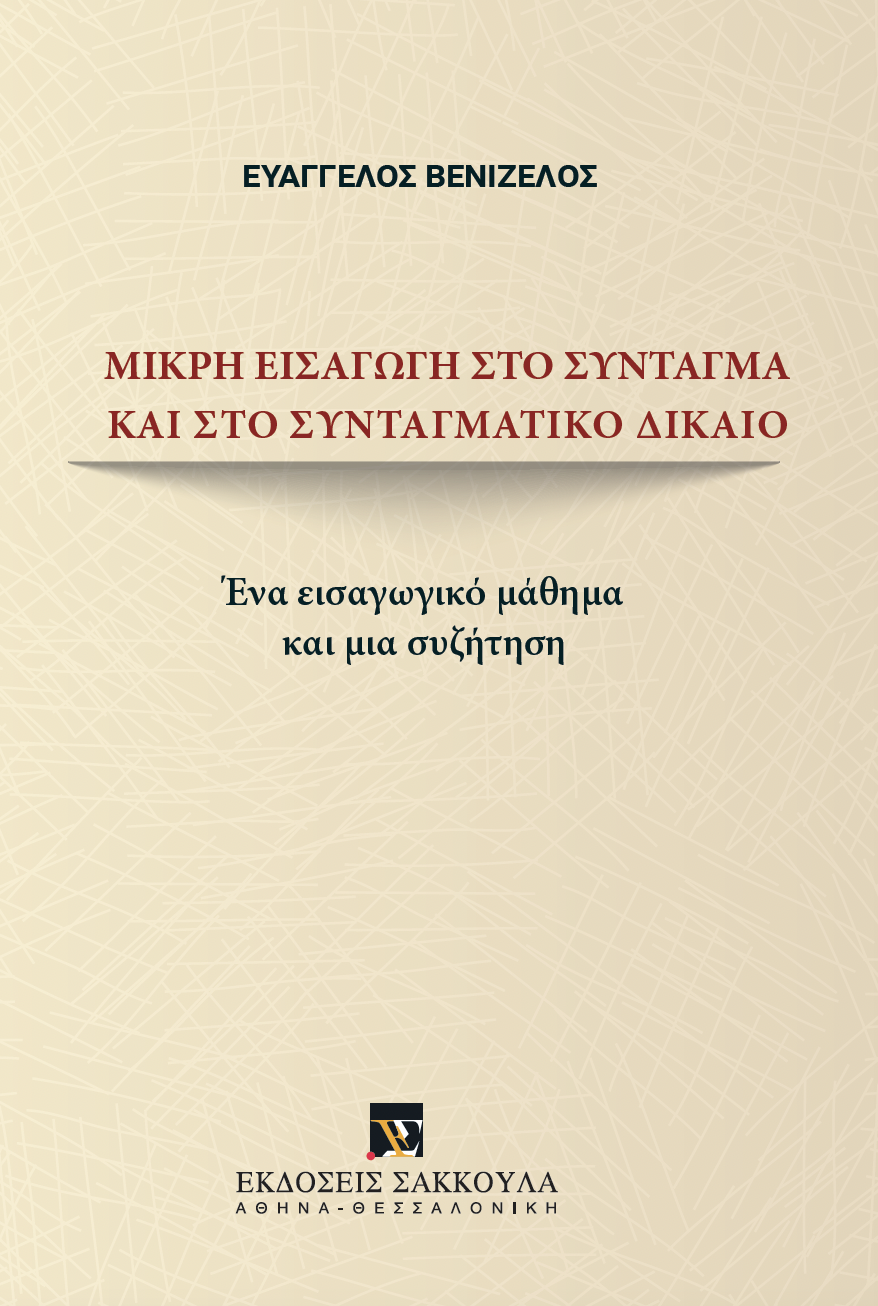Athens, 8 July 2015
Evangelos Venizelos’ statement on the results of the Summit:
 Mr. Tsipras has caused a referendum to be held in order to ward off an ultimatum, while the European institutions were saying that the proposal documents were still under negotiation and the second program was still in force.
Mr. Tsipras has caused a referendum to be held in order to ward off an ultimatum, while the European institutions were saying that the proposal documents were still under negotiation and the second program was still in force.
The “No” vote requested by Mr. Tsipras achieved a 61%, was interpreted in the joint announcement by the parliamentary party leaders as a mandate for negotiations and not as a command for a breach.
Mr. Tsipras returned to Brussels and was unfortunately given a real ultimatum that has to be initially answered until Thursday and finally untilSunday.
Moreover, the first time the European leaders have unfortunately chosen to speak openly about the possible exit of Greece from the eurozone, a possibility that legally activates, in accordance with the Treaties, the institutional scenario of a -at least- temporary exit, even from the European Union. Hence the convening of the European Council of the 28 member states, and not just that of the 19, on Sunday.
The fact that on a business day, with the marketsbeing open, European leaders have explicitly mentioned a Grexit scenario, unfortunately means that they require that markets calculate and thus absorb a potential Grexit before Sunday. It is obvious that the ECB has been prepared to take thenecessary defensive measures.
They have reached the point of speaking publicly about a plan for actual humanitarian aid (food, medicine, fuel), if Greece makes the dominant choice of non-agreement, with everything this entails.
The situation that has occurred in Brussels has not been reviewed by either the Greek People in last Sunday’s referendum, or in the joint statement of the leaders of the parliamentary parties.
The negotiations are currently very harsh and we all want a strong Greek Prime Minister that representsthe entire nation and defends its national interests.
The responsibilities of the European institutions for their chronic myopia are great, but the responsibility of each Greek government is to prevent the destruction of the country and this is a historic and enormous responsibility.
The mandate of Mr. Tsipras is clear and well-defined. Mr. Tsipras does not have a mandate for an exit from the eurozone; quite the contrary. He himself can say, however, that he has the mandate to reject the terms to which 61% of the electorate said “no”, by answering a question in which what had been accepted and rejected by the government until June 25, were deliberately intermingled.
This contradiction may prove to be a national disaster. Therefore, this contradiction should be quickly resolved, so that on Sunday an agreement that is advantageous to the Nation, considering the circumstances, can be reached; not an agreement without negotiation, but a negotiation without unnecessary and dangerous bluffs. Europeans risk losing a lot, but Greece is in danger of a chain degradation that can reach a national disaster scale.
The government apparently has the responsibility for negotiating and making maneuvers. The issue is not the division of powers and the post-allocation of responsibilities, but the prevention of faits accomplisthat may critically affect the historical acquis and the character of our Homeland.
Therefore, a council of parliamentary party leaders has to be convened immediately once more, before submitting the Greek proposals and especially before Sunday’s meeting. Briefings by phone or in private are not enough.
Especially after the decision to hold the July 5referendum, in which all now accept that the electorate did not respond to a question concerning the euro, it should be clear that no one can lead Greece out of the eurozone, at least not without a realreferendum that poses this question to the Greek People, in a simple and straightforward way.
What is important, though, is not another referendum-even a regular one- but the country not being ledoutside the eurozone, due to it being supposedly inevitable because of the attitude of the other memberstates.














